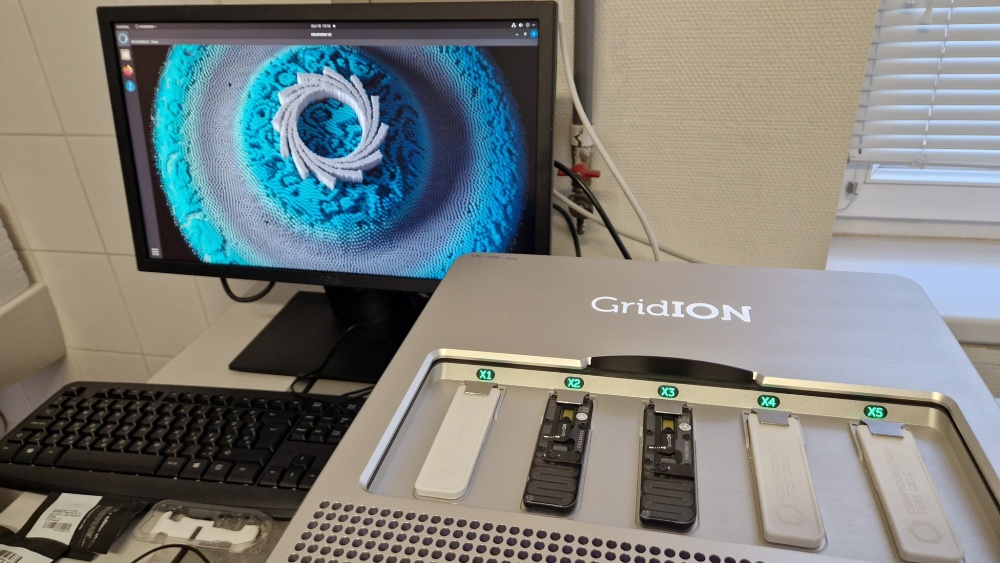
The National Directorate General of Hospitals has also recently announced another project starting this autumn.Continue reading

The World Health Organization (WHO) donated a state-of-the-art genome sequencing device to the National Center for Public Health and Pharmacy (NCPHP), and awarded the institution a certificate of designation as a collaborating center in recognition of its excellent professional work.
Haris Hajrulahovic, Head of WHO Country Office in Hungary, said that the establishment of the center was a testimony to the excellence of the NCPHP. He pointed out that Hungary had been successful in monitoring water samples and surveillance of wastewater during the COVID outbreak. Hungarian experts had contributed their unique experience to the development of WHO guidelines for the management of the pandemic.
The laboratory will be part of an international team of 50 institutions.
As part of the collaboration, WHO has donated a third generation genome sequencer to the NCPHP laboratory. This state-of-the-art device will allow the entire genome of the virus to be sequenced, giving an accurate picture of the variants circulating in the country.
The certificate was received by Cecília Müller, Chief Medical Officer of Hungary, who said she considered the collaboration a milestone. She stressed that in recent times, the focus had been on pandemic management. However, particular attention is also being paid to environmental risk factors that influence health and the development of non-communicable diseases. For instance, environmental factors contribute to 25 percent of the incidence of malignant tumors, cardiovascular, and metabolic diseases, she added.

Photo: MTI/Lakatos Péter
She recalled that in 2019, 569,000 deaths in the WHO European region, including Central Asia, were linked to air pollution effects, and in 2020, 77 million people did not have access to treated safe drinking water. As she said,
prevention programs need measurements, data, and new methodologies such as the one developed by Hungarian experts to test wastewater. This, while retaining individual testing, provided information on the spread of the epidemic at the population level, predicting tendencies.”
Müller also mentioned another new Hungarian methodological achievement that has attracted a lot of international interest. It is used to monitor and improve indoor air quality in schools, in line with WHO’s environmental health guidelines for the protection of children.
Via MTI, Featured image: Facebook/Nemzeti Népegészségügyi és Gyógyszerészeti Központ